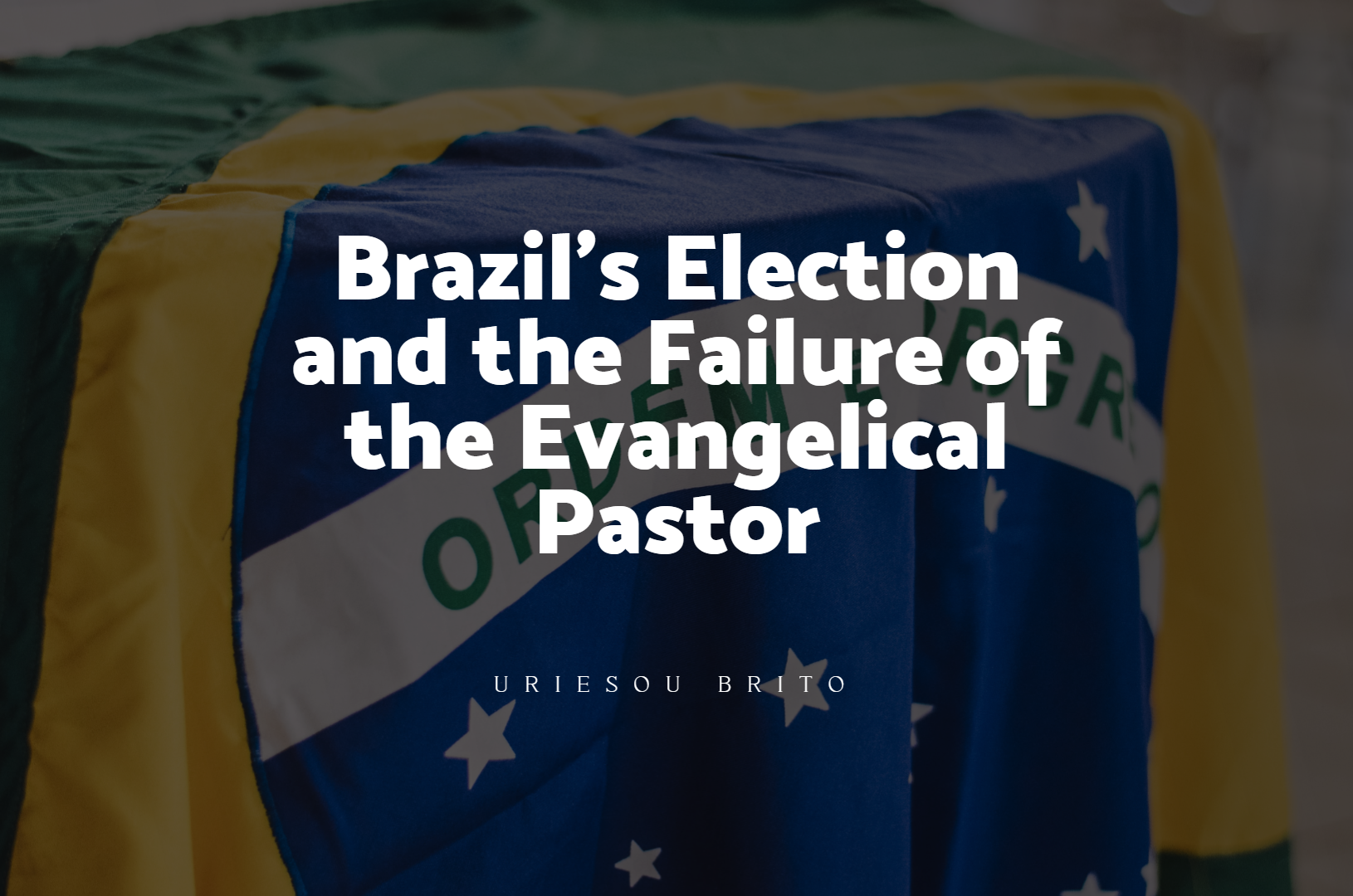This is a sad day for my home country. Lula won a narrowly divisive runoff election this Sunday and will begin his third term as president at the age of 77. Convicted of corruption, he served 580 days in prison, and after his release, he became the symbol of victimhood.
He sought old partnerships and was able to reanimate a nation to the old causes of social transformation through the state. It didn’t matter the misery incurred by such policies in Venezuela, Cuba, or Argentina, Lula’s charm and political capital earned him overwhelming victory in the poorest part of my country, the Northeastern part (where I grew up). Lula functions in some ways like a Neo-Pentecostal leader who appeals to the poor through promises of prosperity, offering a Gospel as convoluted as a Marxian paradigm. And the people said, “Amen!”
Bolsonaro, on the other hand, was the Tropical Trump; if Trump could dance and recite the Lord’s Prayer, he would be the Orange Bolsonaro. Bolsonaro is equally charismatic as Lula, and the oddity of the whole thing is that wherever he went in the Northeast, he was received with immense approval. But politics is a tricky business. The people may love a candidate, political inclinations, or moral declarations, but they are easily seduced by flattery and promises of statist charity. I’d also happily admit to Bolsonaro’s number of blunders throughout, but the options were so universally contrary to one another, leaving Brazilians with no excuse.
The tremendous benefit is that this entire thing has awakened a conservative resurgence in my home country. Conservative principles are now much more common than before Bolsonaro’s election. I suspect the various movements will only continue to grow. Certainly, the environment is ripe for a conservative nationalism that sees Brazil’s interests, morally and economically, as the heart of a prosperous nation.
This entire monologue leads me to the declaration made by the most respected Presbyterian minister in Brazil, Augustus Nicodemus. Right before Brazilians cast their votes, he publicly declared that Jesus is Lord, and therefore, Christians were free to vote for whomever. I rejected his declaration and was purged from his platform, a decision he has the right to make, as do any of us.
But the larger point is that when a statesman, an elderly pastor, who has garnered the respect of millions of Brazilians of varying traditions, argues publicly that there is no difference between Fidel Castro’s ally for decades and who viewed Venezuela’s decaying state as one of blossoming prosperity, and another candidate whose right-wing perspective offered an infinitely greater opportunity for ecclesiastical flourishing, someone needs to call things as they seem.
Nicodemus is a part of a greater sacerdotal elite that views politics as a neutral sport. He’s the Scott Clark of theology and the Ligon Duncan of ecclesiology. He is content to appeal to the masses to not lose his appeal. The end result is the election of Lula, who will unmistakably take Brazil to the pastures of paganized statism and regulate businesses and serve as an ambassador of environmental causes for Justin Trudeau. He will further regulate the healthy growth of the homeschool movement in Brazil and regulate speech at various levels.
I hope the Bible-Believing Brazilian Church will find the strength to refuse such alternatives and carry on the mission of revival and renewal, whatever consequences may come. Every crisis presents opportunities, and I hope the Church uses this opportunity strategically.

















